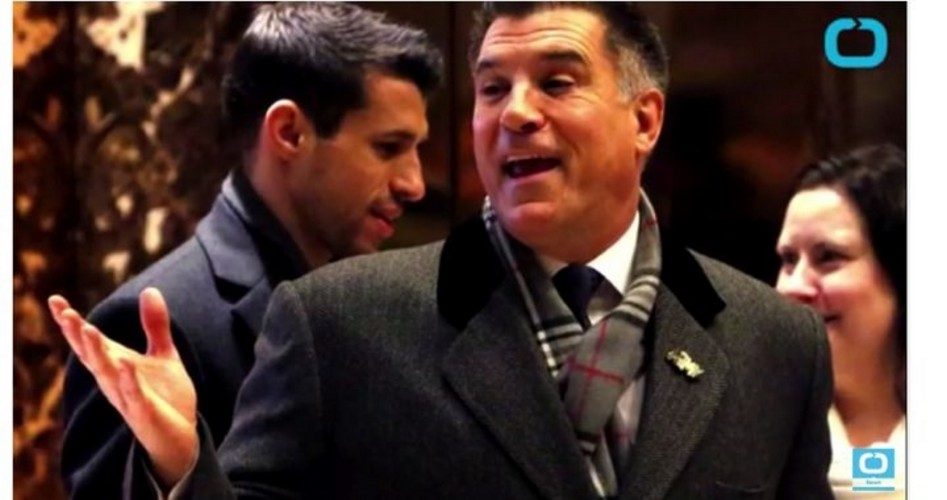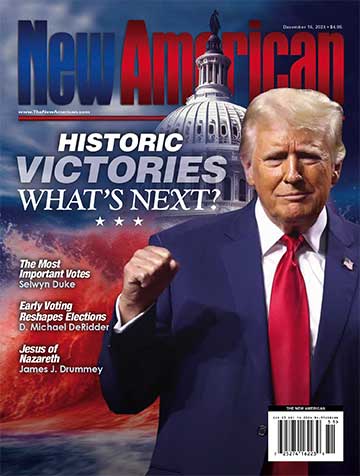
President-elect Donald Trump nominated Vincent Viola (shown) as secretary of the army on Monday, saying: “Whether it is his distinguished military service or highly impressive track record in the world of business, Vinnie has proved throughout his life that he knows how to be a leader and deliver major results in the face of any challenge.”
That’s a good thing because “Vinnie” is going to face plenty of them, including some from others Trump has already picked for his administration. While most of the mainstream media has focused on Viola’s business success — ownership of a hockey team and a high-frequency trading firm — it’s clear that Trump is more interested in his expertise as an expert in terrorism. Trump’s endorsement of Viola added that he “will combine a deep background in national security affairs with an impressive track record of leading and managing high-performing teams [both] within the military and the private sector.”
Starting his career following graduation from West Point in 1977 and obtaining a law degree afterwards, Viola began trading commodities (oil, gas, wheat, etc.) at the New York Mercantile Exchange, known as the “Merc.” Soon he was in charge of trading, and then in charge of the exchange itself, serving as its chairman for four years. By then he was wealthy enough to enjoy some of the finer things in life, like buying the Florida Panthers, a National Hockey League team in Sunrise, Florida.
{modulepos inner_text_ad}
Following the 9/11 attacks, however, Viola became a major donor to the Combating Terrorism Center at West Point. The center’s mission is to “bridge the operational and academic realms by providing present and future leaders with the intellectual tools needed to defeat and deter terrorist threats to our nation.” As army secretary, Viola will be in a position to provide the real tools — men and equipment — needed in that war.
But first he’s going to face a real challenge: an Army that has been shrinking in size for years, and Trump’s budget director at the OMB: Mick Mulvaney. For years Mulvaney, as a member of the House, has pushed to downsize the military and cut the Pentagon’s budget. Under current plans the Army would continue to downsize from its high of about 570,000 troops at the peak of the Iraq War. Its current level is about 476,000. The Army is to be reduced further to 450,000 troops by 2019.
Upon receiving notice that he had been nominated for the post, Viola responded: “It is an honor to be nominated to serve our country as President-elect Trump’s secretary of the Army.” And then he added:
A primary focus of my leadership will be ensuring that America’s soldiers have the ways and means to fight and win across the full spectrum of conflict.
That goal is almost certain to create Viola’s next challenge: how to get Mulvaney to go along with increased spending for the Army while Mulvaney is already vexed with the problem of paying for the government the country already has.
This selection offers a view of Trump’s hiring process: He’s more interested in selecting people based on their expertise and less on their agendas. The last thing Trump wants, it appears, is to surround himself with a gaggle of “yes” men reflecting his own particular view of the world and too cowardly to offer their own conflicting views. Not only is Viola going to have to work with Mulvaney, he is also going to have to learn how to get along with Trump’s defense secretary, “Mad Dog” Mattis, who may have different ideas on how to protect America from its enemies.
An Ivy League graduate and former investment advisor, Bob is a regular contributor to The New American magazine and blogs frequently at LightFromTheRight.com, primarily on economics and politics. He can be reached at [email protected].



